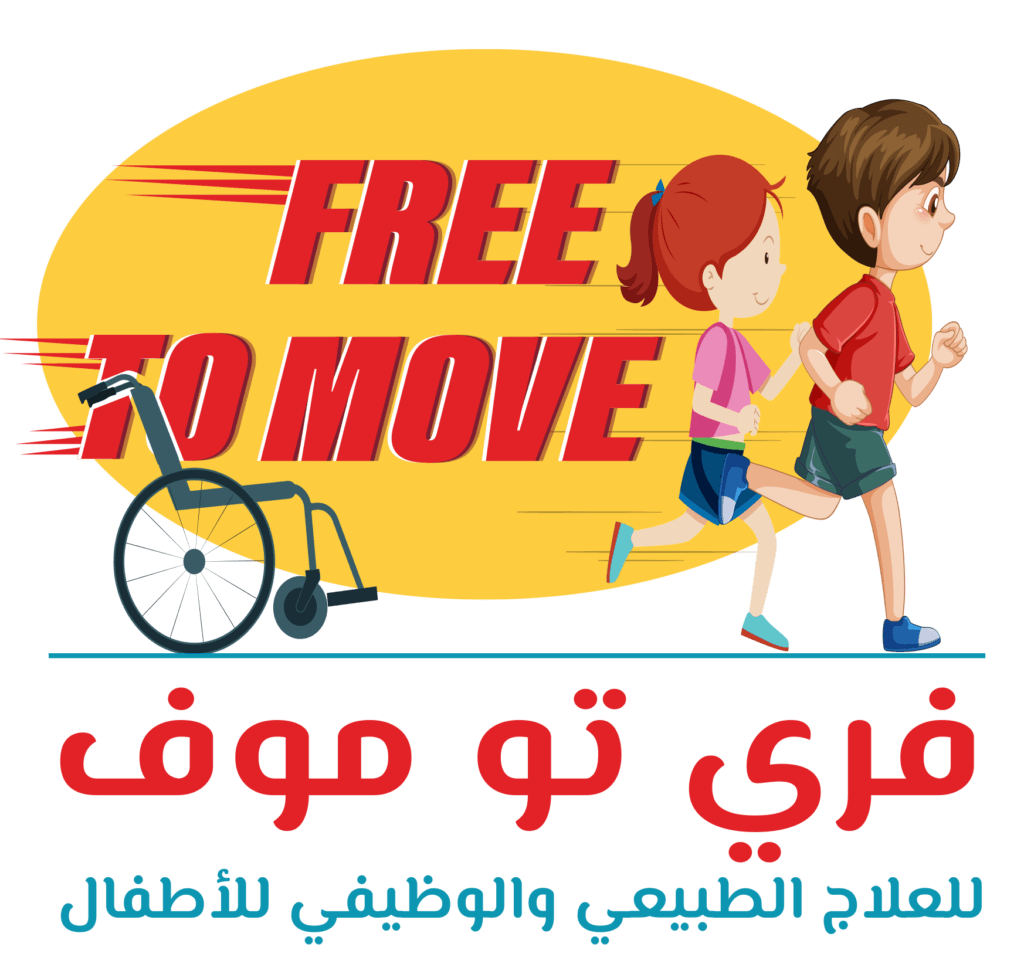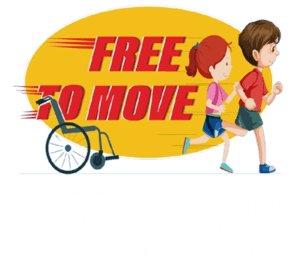From Your Embrace to the World — Your Guide to Your Baby's First Month of Development
Welcome to this special stage of your motherhood journey. The first month after birth is a time filled with changes, as your baby begins the transition from the world of birth to a new world filled with sensations and movement.
This guide will help you follow your child's development step by step, and provide you with practical tips to support your child safely, with a focus on: Physical therapy for children andOccupational therapy for children in Jeddah.
A touch of reassurance for every new mother
The first month represents an important transitional period for your baby, as his body and mind begin to learn and organize. During this period:
- You will notice natural instinctive reactions.
- Head control begins gradually.
- Shows increased interest in sounds and shapes.
Steps to follow up with your child: The goal here is to observe, learn, and provide a supportive environment for your child, while taking into account Physical therapy tips for children andOccupational therapy for children in Jeddah.
1. What's happening in your baby's body this month?
In the first weeks, your baby's brain and body are in a learning phase. Most of their movements are natural reflexes, but gradually they begin to gain better control over their movements, such as lifting their head or tracking objects with their eyes.
2. What to expect in the first month?
2.1 During Tummy Time
- Lift your head for a few seconds.
- Try to keep your nose away from the surface.
- Use your back and shoulder muscles.
- If you notice that your baby is not trying to lift his head, be careful to: Consult a doctor or physical therapist.
2.2 While lying on your back
- Head movement to the sides.
- Greater freedom of movement of arms and legs.
- Alternating kicking movements.
2.3 While sitting with support
- The baby's head may be slow to stabilize when sitting.
- The balance is still fragile.
2.4 Sensory development
- Follow objects with his eyes up to the midline.
- Responding to loud sounds.
- Recognizing mother's voice.
3. Your child's innate reflexes
Your baby is born with special movements known as “primitive reflexes.” These movements are a normal part of development:
- Rooting Reflex:Helps your baby find the breast.
- Sucking Reflex:Essential for breastfeeding.
- Moro ReflexIt appears when the child's position is changed suddenly.
- Palmar Grasp Reflex:Automatically grips when touching the palm.
- Stepping Reflex:Spontaneous walking movements when the child's feet touch the ground.
These reflexes gradually disappear during the first months, and monitoring them is important for your child's health and to determine the need for sessions. Physical and occupational therapy.
4. How to monitor your child’s growth
Can be used Growth Assessment Tools Like AIMS and Bayley Scales, but the most important thing is daily monitoring:
- Does he raise his head?
- Does he follow things with his eyes?
- Does he respond to sounds?
5. When should you see a doctor or physical therapist?
- No visual tracking or response to sounds by the end of the first month.
- Excessive muscle relaxation or tightness.
- Continued delay in head lifting after two months.
- Problems with breastfeeding or feeding.
- Congenital deformities of the body or limbs.
Don't hesitate to Consult a specialist When you notice any of these signs.
6. Practical tips to support your child
6.1 Tummy Time
- Make short sessions (3–5 minutes) several times a day.
- Gradually increase the duration to 15–30 minutes daily.
- Use a safe mirror or toys to get his attention.
6.2 Changing positions
- Gently support your baby's head as you lift or change him from one position to another.
- Change his position between sleeping and waking in safe ways.
6.3 Play and Communication
- Talk to him a lot.
- Make eye contact with him.
- Use gentle touch to stimulate him.
7. Follow-up and documentation
- Record: baby's weight and height.
- Head circumference.
- Notes on breastfeeding and reflexes.
- Head lift and visual tracking times.
8. Constant communication with your child
Uneven growth is normal, but supervision is important. Make playtime and supervision part of your daily routine. Your hug is your baby's first school ❤️.
Frequently Asked Questions
What do I do if my baby hates tummy time?
This is common. Start with very short sessions (one minute), and try placing your baby on your chest or lap instead of the floor. Use toys and sounds to make the time fun. Patience is key!
Is delayed head lifting in the first weeks a cause for concern?
In the first weeks, the neck muscles are still very weak. It's normal for head control to be limited. We monitor the gradual progression. If the weakness persists significantly after two months, it's advisable to consult a doctor or physical therapist.
advice Free to Move Center For every new mother
Every child is unique, and their growth rate may vary. The most important thing is observation, patience, and love. Your hug is their first school ❤️.
Free to Move Center for Pediatric Physical and Occupational Therapy, Jeddah
© 2025 Free2Move Center. All rights reserved.








